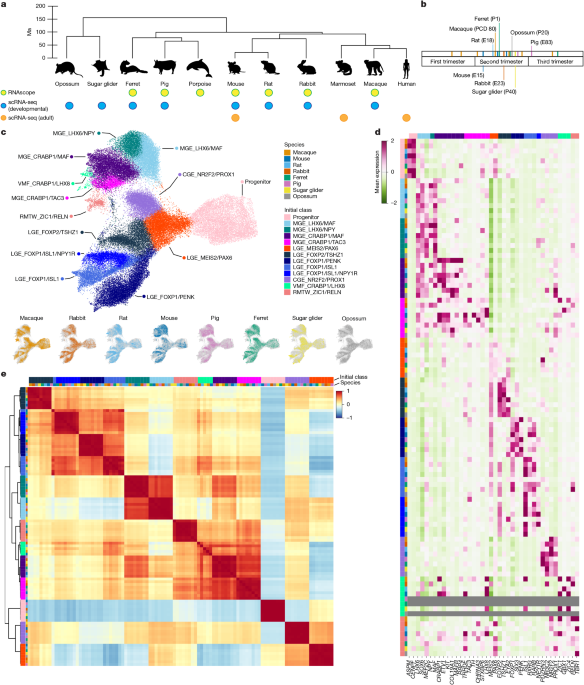Mouse experimental model and details of other animal experiments
All animal procedures in this study followed experimental protocols approved by the respective institutions.
Mouse procedures in this study followed experimental protocols approved by…

All animal procedures in this study followed experimental protocols approved by the respective institutions.
Mouse procedures in this study followed experimental protocols approved by…